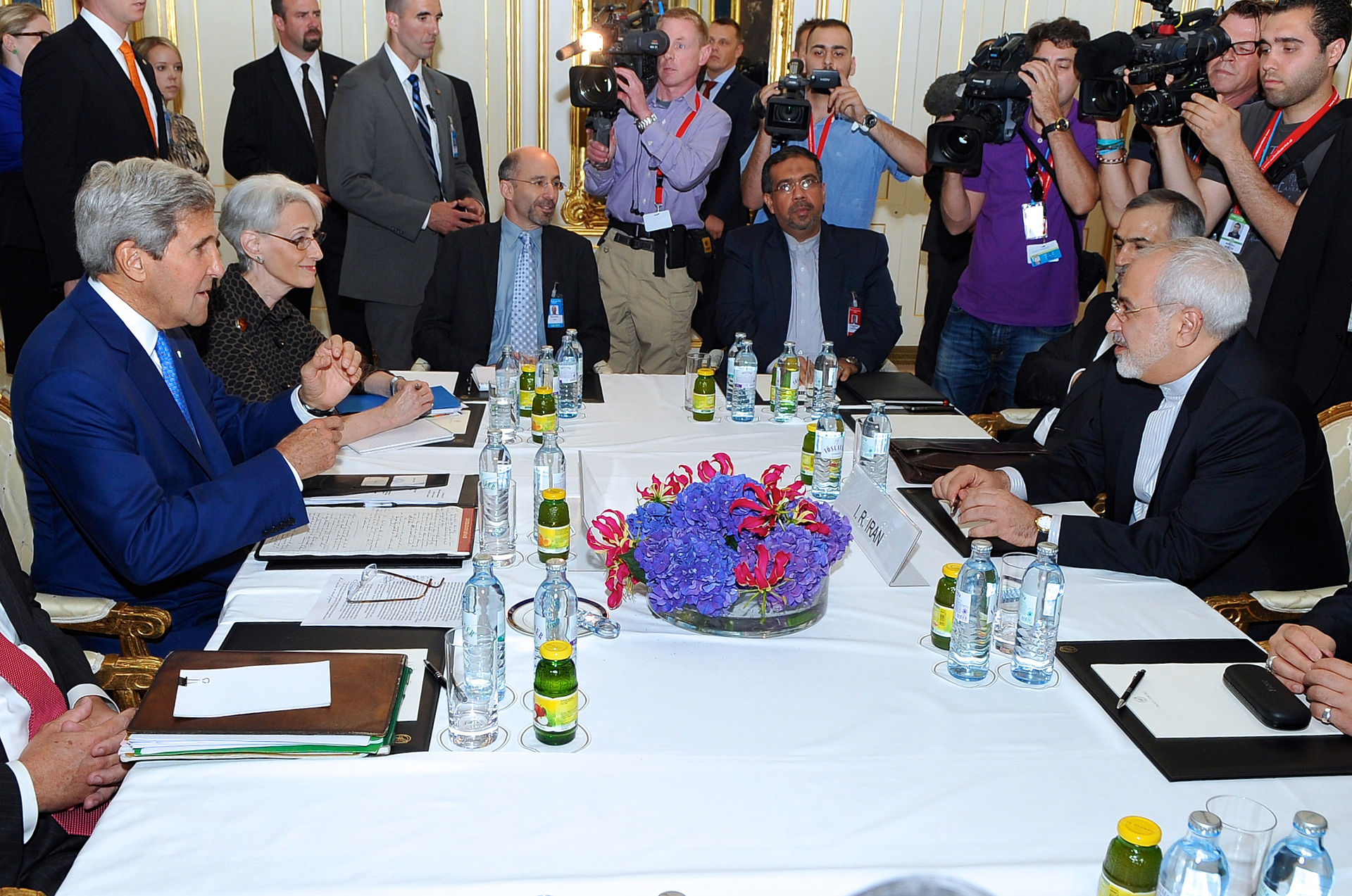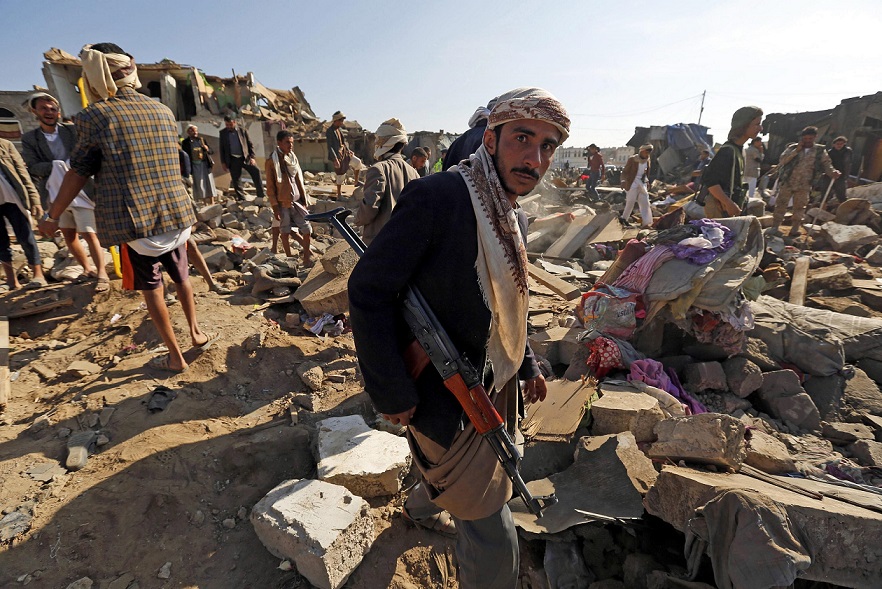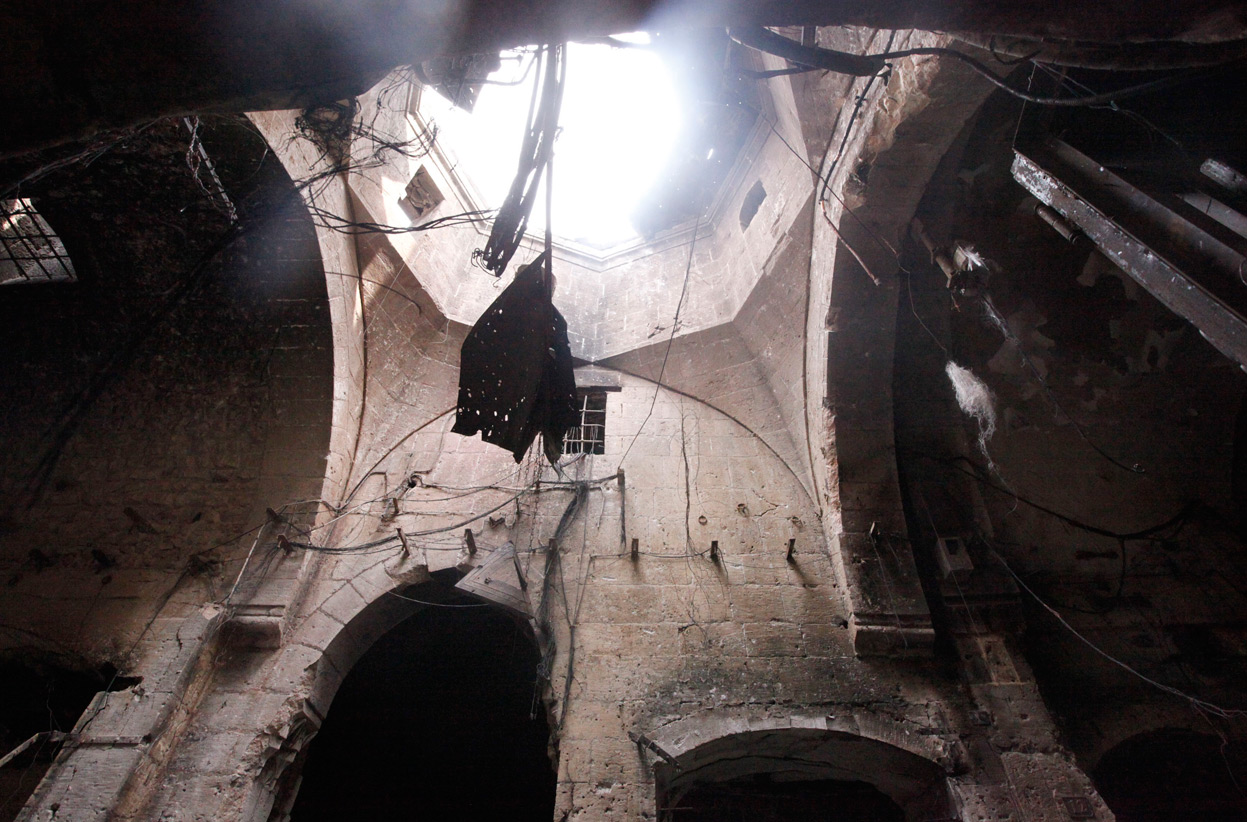April 2015 Review
TransConflict is pleased to present a selection of articles published during April, plus updates from the Global Coalition for Conflict Transformation and articles from the TransConflict archive.
| Suggested Reading | Conflict Background | GCCT |
1) Agreeing to end civil wars – reflections from the Balkans to Ukraine
Matthew Parish – If civil wars were not destined as a rule to yield uneasy but stable partition, then it is hard to see why they would be fought. The weaker side would simply capitulate and avoid the human suffering and mortal political risks. Civil wars matter, precisely because they result either in new territorial boundaries being created or in existing boundaries moving. Read on…
2) What to do about civil war?
Gerard Gallucci – As difficult on a human level as it may be to stand back and not intervene, the best approach to the conflicts in the Mideast may be to do nothing, take no sides. Perhaps better to work within the international community and the UN Security Council to encourage peace through diplomatic means while standing ready to undertake peacekeeping should there eventually be a peace to help keep. Read on…
3) The future of (nuclear) war
David B. Kanin – The taboo against the use of nuclear weapons is fading as newer nuclear powers consider whether to use them as they would any other tools of war. Read on…
4) The refugee crisis
Gerard M. Gallucci – Europe has tried to hide from this basic fact, that nothing but a sea separates them from the millions seeking a better life. In the immediate future, it might look to the model of the North American Free Trade Agreement, through which the US looked to increase trade and development to begin creating conditions for Mexicans to have a better life where they already live. Read on…
5) The shortcut to deradicalization is the long road
Dr. Alon Ben-Meir – Given the continuing widespread death and destruction sweeping the Middle East, however, the Arab states have little choice but to develop a long-term comprehensive strategy to deal with the ever-looming menace of radical Islamists; failing to do so will be at their own peril. Read on…
6) Why Kosovo Serbs should work together and participate
Gerard M. Gallucci – While views may differ within the Kosovo Serb community, working on a common agenda and bargaining together with the Kosovo Albanians and other groups in the existing institutions will increase your leverage. This is the path on which survival and prosperity for Kosovo Serbs can be secured: common efforts, participation in all levels of the institutions (central and local) to find practical solutions to practical problems. Read on…
7) Is Yemen the new Saudi-Iran battleground?
Kirthi Jayakumar – What the two sides – Saudi Arabia, on the one hand, and Iran on the other – are doing is, in effect, engaging in a new arena to fight old battles. The threat of a proxy war getting out of hand looms large. The choice of shifting the arena of the simmering tensions to Yemen is perhaps a planned decision. Read on…
8) Iran, not ISIS, is the real menace
Dr. Alon Ben-Meir – The nuclear deal may in fact embolden Iran to continue its subversive activities. But it can also allow Iran to turn a page in its relations with the international community and harness its huge human and material resources to become a constructive player on the global stage. Read on…
9) Land reform and black empowerment in South Africa – lessons from Zimbabwe
Phillip Nyasha Fungurai – The South African government can draw valuable lessons from the Zimbabwe predicament by engaging in a more cautious, yet speedy, land reform; which is essential for poverty alleviation and redistribution, without deterring foreign direct investment. Read on…
10) The active defense of the cultural heritage of humanity
Rene Wadlow – Today we face the deliberate destruction of cultural heritage, such as the large Buddha statues in Afghanistan, manuscripts in Timbuktuica and religious and cultural artifacts housed in the Mosul Museum in Iraq. Thus in our efforts to build an active defense of the cultural heritage of humanity we must make a concerted effort to reach the public and all those of good will in the Arab-Islamic world. Read on…
11) Racial reconciliation and prosperity
Dr. Yossef Ben-Meir – Participatory methodology can be employed to break down hurtful, deeply entrenched barriers and assist in reconciliation by enabling parties to share their stories, give recognition and express regret. This process, once achieved, can lead to a previously undreamt of situation whereby the new, productive relationships are not only embodied in treaties and agreements but acted upon through collaborative planning and implementation for growth. Read on…
12) Freedom in martyrdom
Dr. Alon Ben-Meir – If the Arab leaders want to end the scourge of violent extremism, they must assume some responsibility and not simply blame the West for their grievances and decades of socio-economic and political dislocation and despair. Unless they invest now in economic development, education, healthcare, and opportunities for growth, and allow for social and political freedom (albeit gradually), the radicalization of the young will only be intensified and the unforgiving storm will continue to sweep one country after another. Read on…
The Global Coalition for Conflict Transformation
1) New members of the GCCT
TransConflict is pleased to announce six new members of the Global Coalition for Conflict Transformation, from South Sudan, Bangladesh, Kenya, Sierra Leone, South Africa and Nigeria, respectively. Read on…
2) On the Right to Peace
TransConflict is pleased to endorse and promote a joint civil society statement which will be presented at the third session of the Working Group on the Right to Peace in Geneva on the 20th April 2015. Read on…
From the TransConflict archive
1) Recovery in Rwanda – traditional courts for reconciliation
Moara Crivelente – Gacaca Courts – local courts based upon communitarian values – were recovered from previous traditions by the post-genocide government; focusing not necessarily on punishment, but first and foremost on forgiveness and reconciliation. Read on…
2) Palestine (and Syria) and Kosova
David B. Kanin – Regarding existential, zero-sum struggles it matters which side has more options. Read on…



































RT @TransConflict: April 2015 Review: @TransConflict is pleased to present a selection of articles published during… http://t.co/3Bp9tvOU…